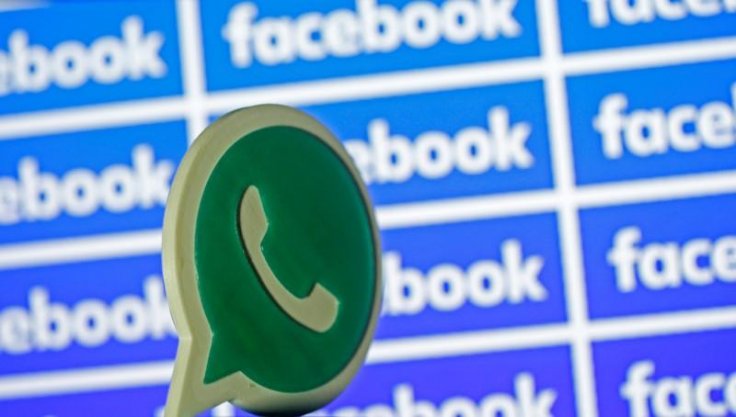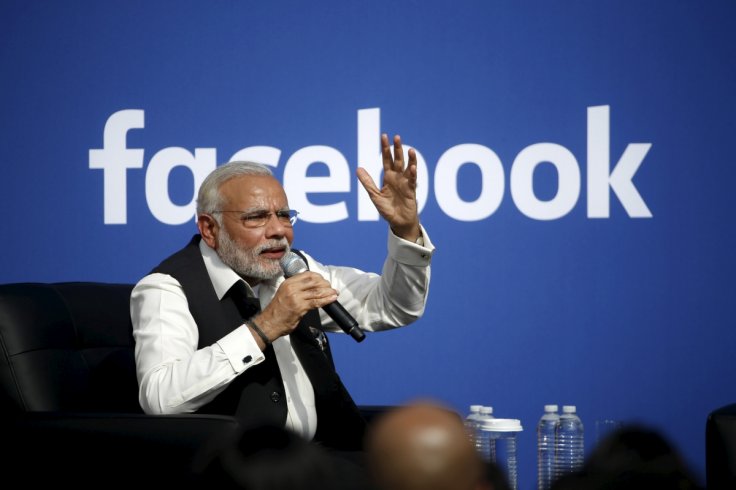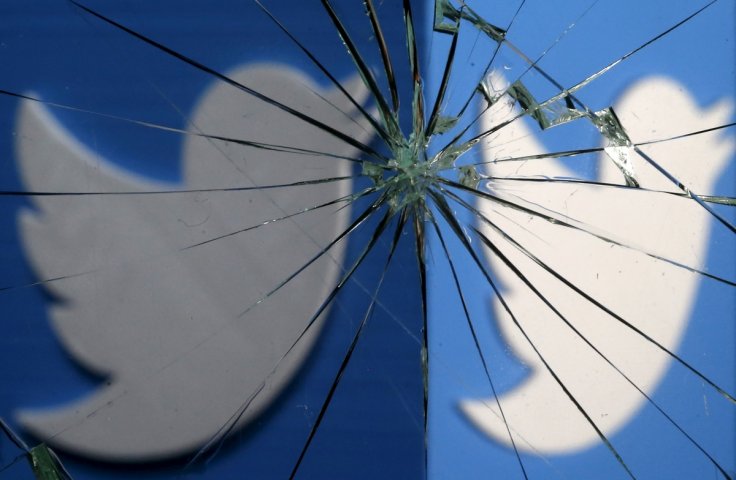WhatsApp has sued the Indian government over privacy matters, it has emerged on Wednesday. The development comes amid speculations that the government of India could block major social media banners in the country over compliance issues.
Significant social media platforms like Twitter, Facebook and WhatsApp have a Wednesday deadline to agree to conditions laid down by the government in February this year.
While the new regulations are expansive, the crux of them is tighter oversight, increased responsibility and accountability on the part of the mammoth social channels that work as hugely influential channels for the flow of information among the public.
No country or civil society stands to benefit from a horrid stream of unaccounted and untraceable materials being peddled and propagated through the platform.
WhatsApp's Lawsuit
Now, Reuters reported exclusively that WhatsApp filed a legal complaint in Delhi against the government, seeking to block New Delhi's regulations coming into force on Wednesday.

WhatsApp has cited pressure on it to break privacy protections, the agency reported, citing people familiar with the matter.
In the lawsuit, WhatsApp says that the government's requirement that the social media platform should identify the 'first originator of information' contravenes privacy rights enshrined in the Constitution of India.
This requirement is one of several the India government wants the social media companies to adhere to.
Accountability Question
It's puzzling as to why the social channels that wield enormous influence on the public do not want a shred of accountability to fall on them.
WhatsApp has nearly 500 million users in India, while there are more than 400 million users each for Facebook and YouTube. Twitter has nearly 20 million users in the county.
These are huge numbers indeed and the quantum of information disseminated through these channels is stupendous.
WhatsApp has particularly taken umbrage at the government's requirement to identify the 'first originator' of information in matters pertaining to egregious violation of basic laws.
The government demands that WhatsApp reveal the identity of people who are accused of wrongdoing using fake identities. However, WhatsApp has raised objections, saying messages are end-to-end encrypted, and it would have to break encryption for receivers as well as the originators of messages if it complies to the government norms.
Whatever legal loophole WhatsApp is trying to exploit, it cannot run away from responsibility if it ever allows its platform to be the medium of egregious falsehood. It cannot use the Constitution of India to justify its lack of willingness to accept basic law and accountability.
Deluge of falsehoods, fake news and hoaxes
India has seen enough chaos resulting from the miasmic deluge of falsehoods, fake news, hoaxes and other activities that threaten national security. No country or civil society stands to benefit from a horrid stream of unaccounted and untraceable materials being peddled and propagated through the platform.
This must be addressed. Highly influential multinational platforms can't compromise a country's security blatantly. Accountability first.

Non-compliance with the new rules will lead to the companies losing their 'intermediary status' which in turn makes them criminally liable for all content posted on their platforms.
Why are they fearing it?
This resistance shows that India's push to make the social media companies to be more accountable and responsible for the content hosted on their platforms has, however, not been received well by the global behemoths.
Here are some of the other requirements laid down in the new set of rules:
The platforms must put in place due diligence measures such as appointing a chief compliance officer, nodal contact person and resident grievance officer. They must also remove any content flagged by authorities within 36 hours.
Another requirement under the new rules is to take down posts showing nudity or morphed photos within 24 hours after receiving a complaint.

Cancel Culture and Arbitrary De-platforming
More importantly, the government also stipulates that social media users must be given a fair chance to defend their posts. It says that the users must be given advance information if their post is going to be removed from platform. They must also be given proper explanation of the reasons thereof.
This is crucial in an age defined by the cancel culture and arbitrary de-platforming. In the US we've been seeing an overdose of de-platforming on Twitter and Facebook, almost all of which is shamelessly arbitrary.
Social media platforms like Twitter, Facebook and WhatsApp must not be allowed to go down that road in India.
[The author is Managing Editor at International Business Times. Opinions expressed in the article are personal]








